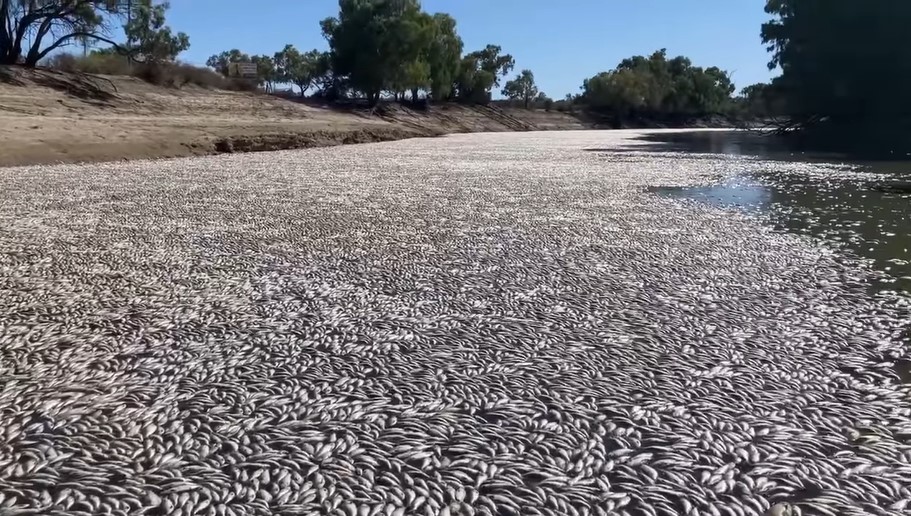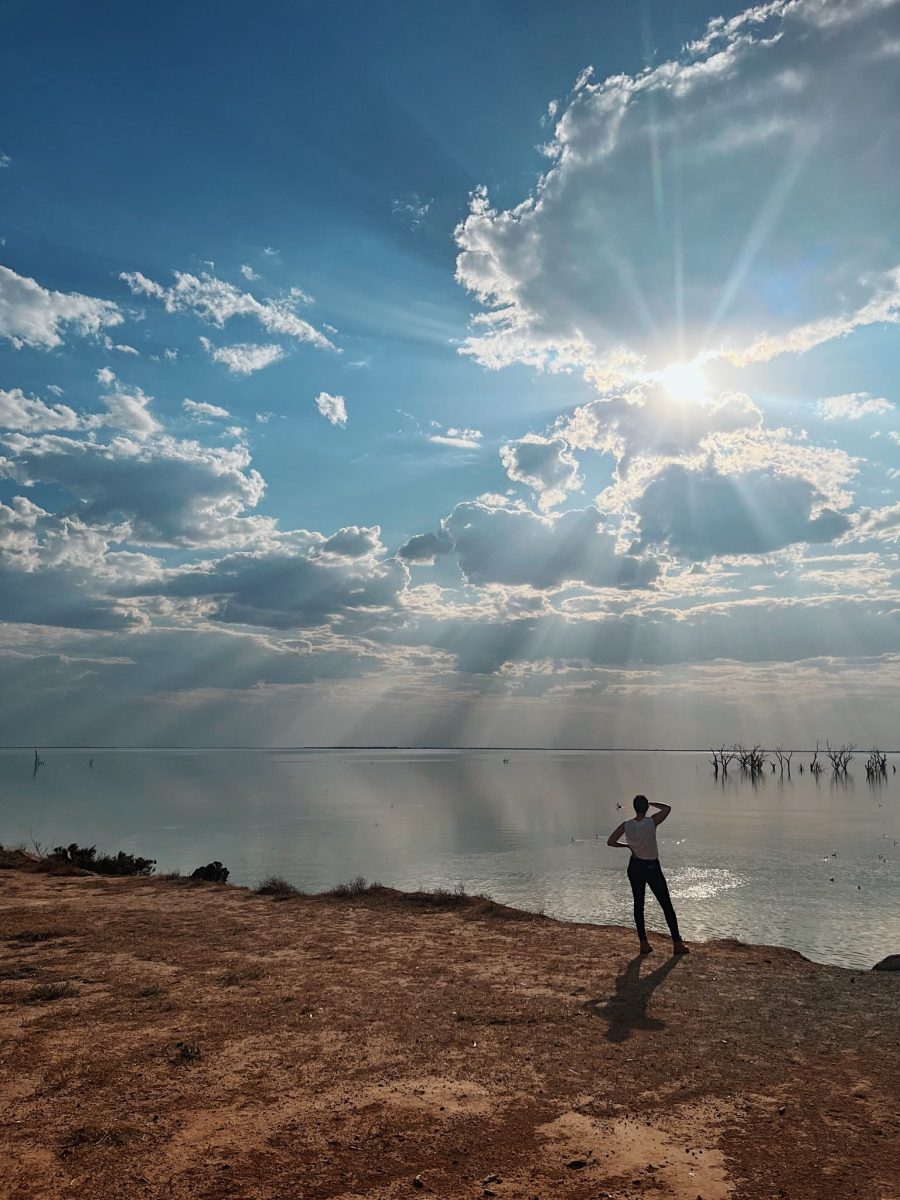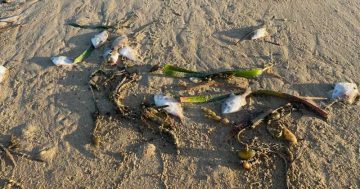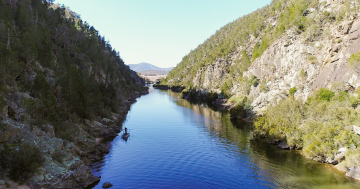
“It’s clear there are still many gaps in the system, but we are getting on with the job to address them,” said NSW Minister for Water Rose Jackson. Photo: Graeme McCrabb.
Water Minister Rose Jackson has announced the state’s plans for acting on the Chief Scientist’s report into the estimated 20-30 million fish that died in the Darling-Baaka River near Menindee earlier this year. All the recommendations have been accepted by the NSW Government, with work already underway to address the findings, which include hypoxic blackwater, poor emergency management and a failure to implement policy.
Since early Spring last year, the state’s water quality has been monitored by local partners, NSW Government agencies and the Commonwealth in a review of dissolved oxygen conditions.
The effort was later tasked with responding to the mass fish death event near Menindee in March 2023, which is now believed to have been caused by a combination of reduced inflows, high temperatures, hypoxic blackwater, and significant biomass of algae and carp spurred by breeding after three wet years.
Hypoxic blackwater occurs when a river’s bacteria break down a large amount of organic material. As the bacteria multiply, less oxygen becomes available to the fish in the water who need it, such that they die. The Menindee Lakes area is particularly susceptible to these events, and the one in March followed an extended period of flooding, drought and a series of previous mass fish deaths.
According to the Office of the Chief Scientist and Engineer’s report published in late September, the local community and environment have suffered immensely. But the report, borne out of an independent review called for in April by Environment Minister Penny Sharpe and Ms Jackson, states the mass fish deaths are a symptom of the years of deterioration across the broader river ecosystems.
The independent review found “the root cause of the decline” to be a failure to enforce existing environmental protections in water policy, which also focuses too much on water volume rather than quality. Also contributing to the March event’s damage that “hampered a swift response” was an initial poor understanding of emergency arrangements between the different agencies. The report says it’s a symptom of misunderstood responsibilities, funding streams and, more broadly, a failure to embrace the local community’s “knowledge, insights and experience of the river, lakes and broader environment”.

Minister for Water Rose Jackson was in Menindee to announce the NSW Government’s next steps to implement the recommendations in the Chief Scientist’s report. Photo: X/@RoseBJackson.
According to the Chief Scientist, more fish deaths are likely to occur over the coming months due to the flow-on effects of decomposition from the event in March, a growingly dry climate and exceedingly high temperatures. The report communicates particular concern for the little action done on recommendations from previous reports, which highlight many of the same issues and “represents a clear contributing factor to ongoing system decline and fish deaths”.
“There are no shortcuts here. Openness and transparency are the cornerstones of our approach, so we’re sharing exactly how we will implement the recommendations and address the findings of the Chief Scientist’s report,” said Ms Jackson.
“I want to reassure locals we are doing everything in our power to reduce the risk of another major fish death event, but with warm conditions and many fish in the Menindee weir pool continuing to put pressure on the system, the risk of more of fish deaths over the coming weeks and months will remain very high.
“As we move forward with our response, we are continuing to consult closely with the wider community and key stakeholders, including the Barkandji Native Title Group and Central Darling Shire Council to keep them informed every step of the way.”
Among the actions outlined in the government’s response are:
- The establishment of an ‘independent connectivity expert panel’ that will provide advice early next year on possible changes to the state’s water-sharing plans that may improve downstream outcomes
- A $2 million contribution from the federal government to investigate and plan for permanent fish passages
- A trial of technology used recently in Western Australia to put oxygen into water
- Continued adjustment of water releases from Lake Pammaroo to support native fish
- Fish surveys to inform relocation and carp removal before next year
- Potential temporary water restrictions for low-priority licences
- Advertising for someone to employ permanently-based staff in Menindee or the far west who will assist in the implementation of government projects and on-ground responses.
Ms Jackson said a more detailed phase 2 response to the report will be published before the middle of 2024, with further actions “needed to address longer-term solutions”.




